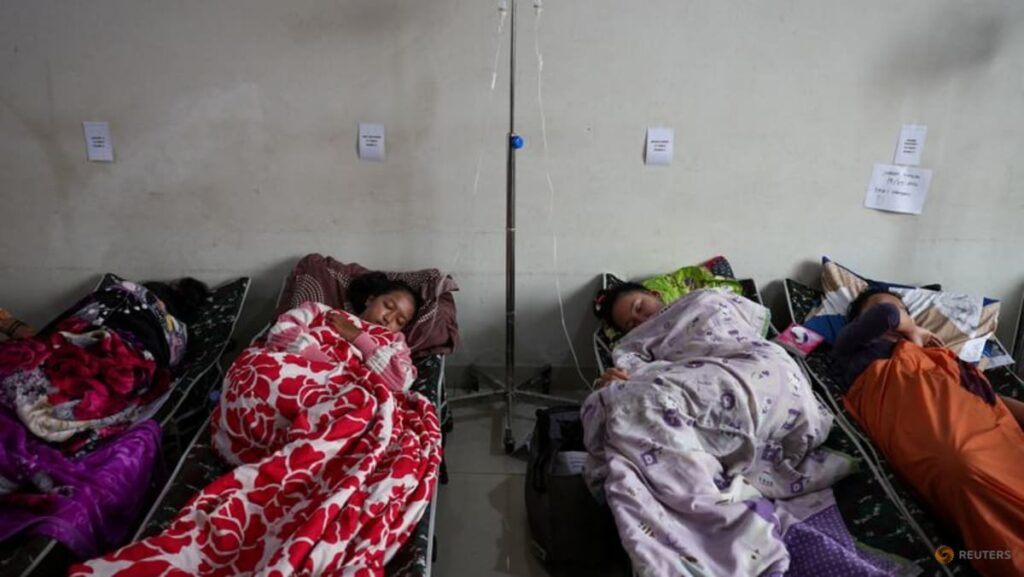RECALIBRATION IS URGENT
None of this means MBG should be abandoned. But recalibration is urgent. Targeting should be narrowed initially to malnourished regions, rather than promising all children instant access.
Legal clarity must be established through binding regulations. Oversight should include local governments, parents, and independent auditors, while data on spending and food safety incidents must be made public. Expansion must be gradual, with strict kitchen standards and training preceding any increase in coverage.
MBG is a noble idea undermined by premature universalism. In theory, no child hungry at school is a goal worth striving for. But in practice, Indonesia has shown how populism can outrun governance. Instead of becoming a showcase for inclusive development, MBG risks being remembered for food poisoning, wasted trillions, and shaken trust in public institutions.
The programme still has a chance to succeed, but only if Jakarta slows down, builds the rules before expanding, and places quality above coverage. Otherwise, a project meant to nourish a generation may instead stand as a cautionary tale about the dangers of rushing grand promises without the systems to deliver them. In its current form, Indonesia’s free meal ambition looks less like a solution to hunger and more like a recipe for risk.
And if the government refuses to learn from its own failures, then MBG may prove less about feeding children and more about feeding political egos, an experiment in which Indonesia gambled with public trust, and the nation’s youngest citizens were left to pay the price.
Ronny P Sasmita is a senior analyst at Indonesia Strategic and Economics Action Institution. This commentary first appeared on the Lowy Institute’s site, The Interpreter.
https://www.channelnewsasia.com/commentary/indonesia-free-meal-programme-school-children-food-poisoning-5383691


